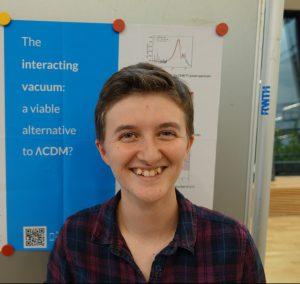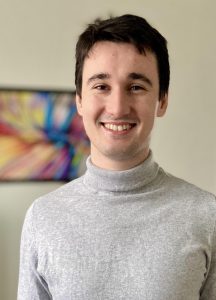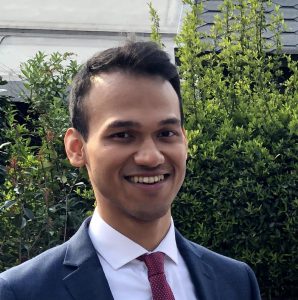Our May Grant Winners
- News
Each month, we provide up to £2,000 in grant money to early career researchers in quantitative disciplines. Our aim is to support and assist PhD students and postdocs conducting research, particularly with costs that may be difficult to get funding for elsewhere (e.g. travel for those who are caring for children, or expenses for volunteer work related to research).
To find out more about the programme and how to apply, click here.
May 2021 was our first month running the programme, and we awarded funding to three successful applicants. Find out more about them and their research efforts below:
Natalie Hogg (University of Portsmouth)

“I am a cosmologist working on discovering new observational probes that we can use to test fundamental theories in physics such as Einstein’s theory of general relativity. One area which is ripe for exploration is gravitational lensing, the phenomenon of light rays bending around galaxies and other massive objects, which produces many spectacular effects such as multiple images and Einstein rings. This grant from G-Research will support me and my research during my transition from PhD student in the UK to postdoctoral researcher in Spain, a move that has been severely delayed due to visa requirements and pandemic travel restrictions.”
Martin Ferianc (UCL)

Martin’s research interests are in Bayesian neural networks and enabling their practical deployment on real-world hardware. G-Research’s grant will enable him to present his latest work on accelerating convolutional Bayesian neural networks on field-programmable gate arrays (FPGAs) at the prestigious IEEE Design and Automation conference.
Wahidur Rahman (Imperial College)

“This grant has allowed me to undertake an academic research visit to work in close collaboration with colleagues in Italy. During this visit, I hope to analyse the selection effects of data from the universe’s brightest set of fireworks: the supernova. These great stellar explosions of the sky are objects of key importance to answer what exactly our universe is mostly made of – a research effort that can now thank G-Research for its support.”
